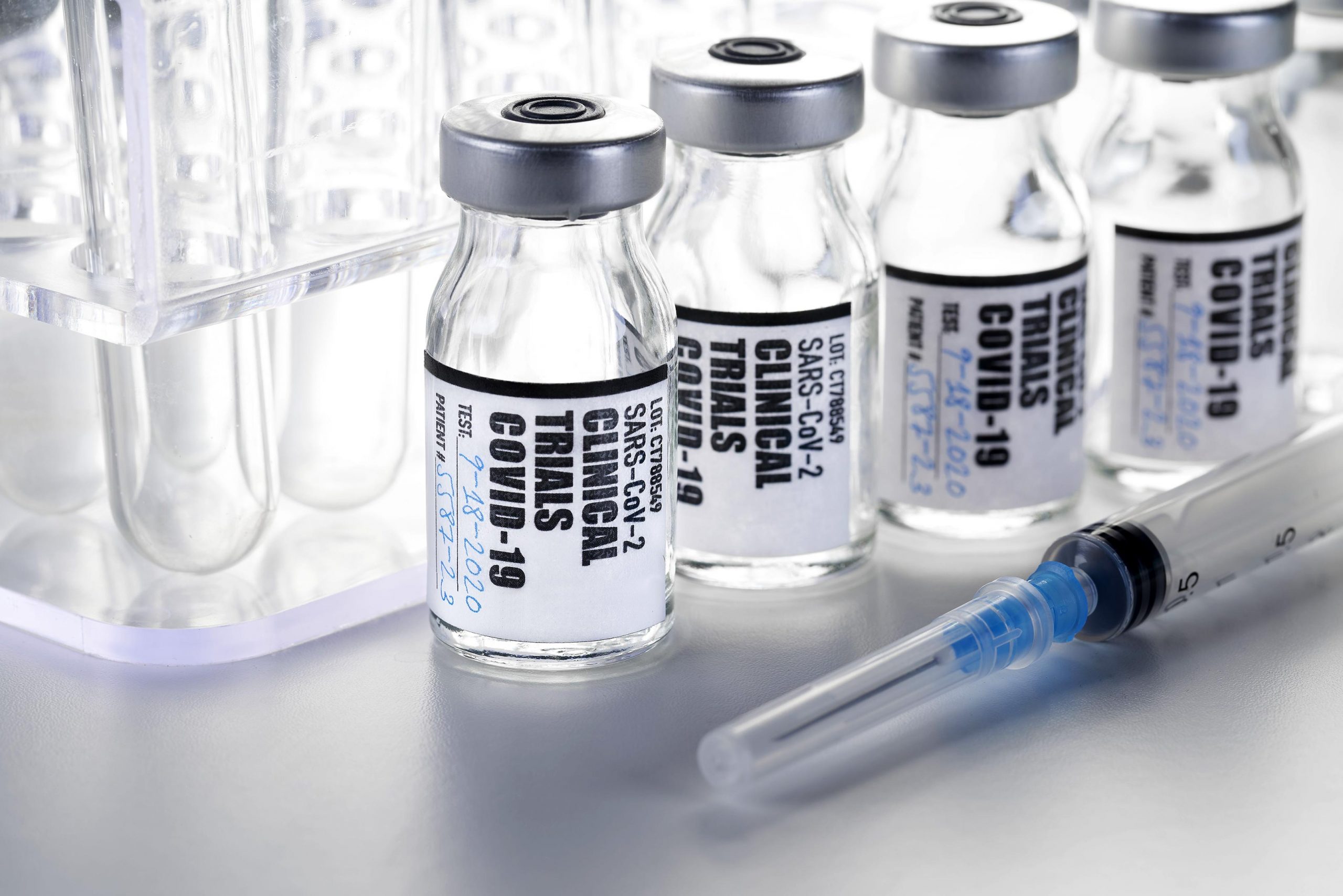None of the current studies aim to find a reduction in major outcomes such as hospital stays, critical care, or deaths.
Vaccines are hailed as the solution to the Covid-19 pandemic, but the vaccine trials currently underway are not meant to tell us whether they will save lives, reports Peter Doshi, Associate Editor at The BMJ today.
Several Covid-19 vaccine trials are currently in their most advanced stage (phase 3). But what exactly does this mean when a vaccine is declared “effective”?
Many can assume that successful phase 3 studies mean that we have a proven record of preventing people from getting very sick and dying from Covid-19. And a robust way to interrupt virus transmission.
However, the current phase 3 studies are not meant to prove either, says Doshi.
“None of the studies currently in progress are expected to show a reduction in serious consequences such as hospital stays, intensive care or deaths. The vaccines are also not tested to see if they can interrupt the transmission of the virus, ”he writes.
He explains that all ongoing Phase 3 studies, for which details have been released, are evaluating mild, non-serious illnesses – and they will be able to report final results once around 150 participants develop symptoms.
For example, in the Pfizer and Moderna studies, people with just one cough and a positive lab test would bring these studies one event closer to completion.
However, Doshi argues that vaccine manufacturers have done little to dispel the notion that serious Covid-19 has been studied.
Moderna, for example, named hospital stays a “central secondary endpoint” in statements to the media. But Tal Zaks, Chief Medical Officer at Moderna, said The BMJ that your study does not have sufficient statistical power to evaluate this endpoint.
Part of the reason could be numbers, Doshi says. Since most people with symptomatic Covid-19 infections have only mild symptoms, even studies with 30,000 or more patients would show relatively few cases of serious illness.
“Hospitalizations and deaths from Covid-19 are simply too rare in the population studied to get an effective vaccine for statistically significant differences in a study of 30,000 people,” he adds. “The same applies to the question of whether it can save lives or prevent transmission: the experiments are not designed to find out.”
Zaks confirms that Moderna’s study will not demonstrate any prevention of hospitalization, as the size and duration of the study would have to be increased significantly to collect the necessary data. “Both of these are acceptable in the current public need to know quickly that a vaccine is working,” he said The BMJ.
Moderna’s study aims to find out if the vaccine can prevent Covid-19 disease, Zaks says. Like Pfizer, Johnson, and Johnson, Moderna designed its study to find a relative risk reduction of at least 30% in participants who develop laboratory-confirmed Covid-19. This is in line with the FDA and international guidelines.
Zaks also points out influenza vaccines, saying they protect better against serious illnesses than against minor illnesses. “For Moderna it is the same for Covid-19: If it is shown that their vaccine reduces the symptomatic Covid-19, they are confident that it also protects against serious consequences,” writes Doshi.
Doshi raises another important problem, however: Few, or perhaps none of the current vaccine studies appear to be designed to find out whether the elderly, despite their apparent susceptibility to Covid-19, are of benefit.
If frail elderly people are not enrolled in vaccination trials in sufficient numbers to see if there is a reduction in cases in this population, “there can be little basis on which to believe any benefit against hospitalization or mortality,” he warns.
Doshi says we still have time to campaign for changes to ensure that ongoing studies answer the questions that need most urgent answers.
For example, why children, immunocompromised people and pregnant women have been largely excluded; whether the correct primary endpoint has been selected; whether the security is adequately assessed; and whether it will fill gaps in our understanding of how our immune system reacts to Covid-19.
“The Covid-19 vaccine trials may not have been developed with our input, but it is not too late to have a say and adjust their course. With stakes this high, we all need eyes on deck, ”he argues.
Reference: “Will Covid-19 Vaccines Save Lives? Current studies shouldn’t tell us anything “by Peter Doshi, October 22, 2020, The BMJ.
DOI: 10.1136 / bmj.m4037



